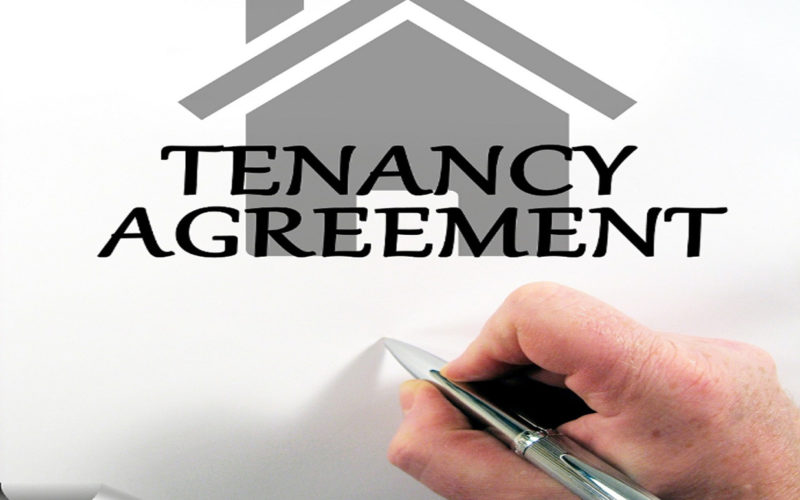Tenants Be Aware of Your Rights Before Moving In

If you have stayed in rented accommodation for a substantial amount of time you might have had some pleasant and certain not so pleasant experiences with your landlord(s).
Many a times, landlords bully tenants. The bullying might be verbal and/or emotional and me lead to lots of stress and anxiety. Since, a large number of tenants do not know what the law guarantees them and how it protects them, they just pack up their bags and leave to a new place, hoping that their next landlord won’t cause heartburn. To prevent any distress, it is best that tenants arm themselves with the knowledge about their rights.
In the year 2014, Housing Minister, Kris Hopkins launched a ‘How to Rent’ guide for private rented sector tenants. This was part of the government’s measure to ensure that England’s more than nine million tenants are given a fair deal.
Broadly speaking, the ‘How to Rent’ tenancy guide provides information on various topics and sub-topics that come under a tenancy, rent-agreements and rights of the tenants. Among other things, it provides information on tenancy deposit schemes, bill payments, and tenancy length. It also provides a checklist of all the facilities a landlord should provide. The guide speaks about how the landlord should maintain the structure of the property and the fact that he should give a 24-hour notice to the tenant before entering the property. The guide also elaborates at length the rules, regulations and procedures to end a tenancy.
If you are fretting over how you will go through the bulky document and make sense out of it then don’t. It is written in a user-friendly format and can be easily accessed on your computers and smartphones. In fact, when you are going to check out a place for rent, it will be advisable to open up the checklist on your phone browser and keep going through the checklist as you assess the property.
If you scan the guide before going in for the tour of the property you hope to rent, you will have a good idea of the your rights and responsibilities as a tenant, the questions to ask to the agent and/or the landlord and be more proactive and involved in the whole process.
The ‘tenancy guide’ is helpful right from the time you start looking for a place. It helps you answer basic but important questions on what all you should be looking – right from the duration of your tenancy to your budget range. It also helps you decide on the kind of area you should be moving to. The next part of the guide apprises you on what questions to ask. Questions related to deposit protection, landlord’s policy on children, pets and smoking; responsibilities of paying the utility bills, replacement policy on electric fixtures and faucets and the like.
The guide informs the tenants on how to go about the paperwork once they have found the ideal property and how to prepare an inventory. It also gives tips on how to live in a rented accommodation.
All in all, read the tenancy guide for the landlord’s checklist before renting a house.






